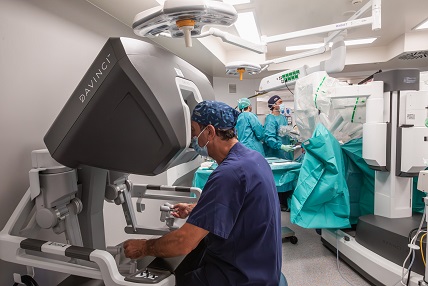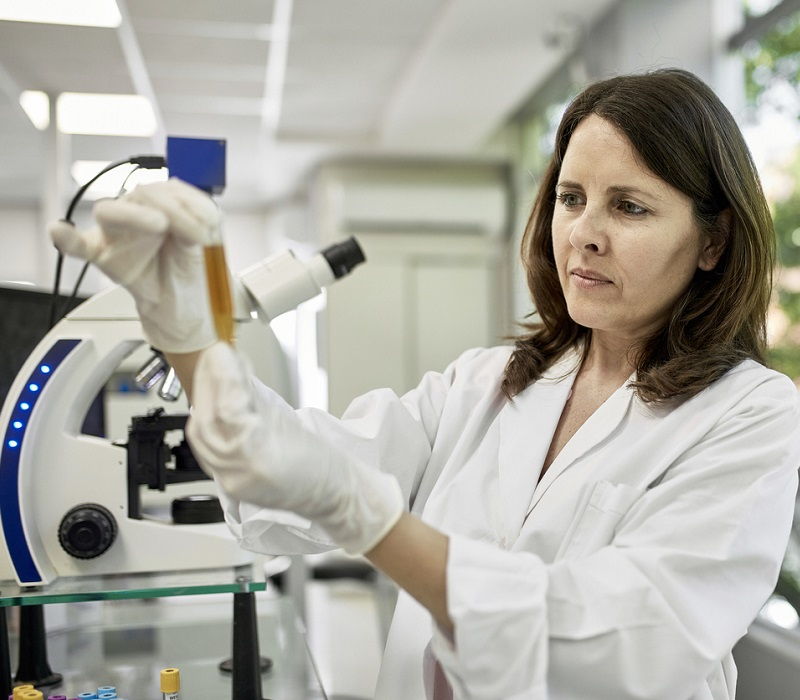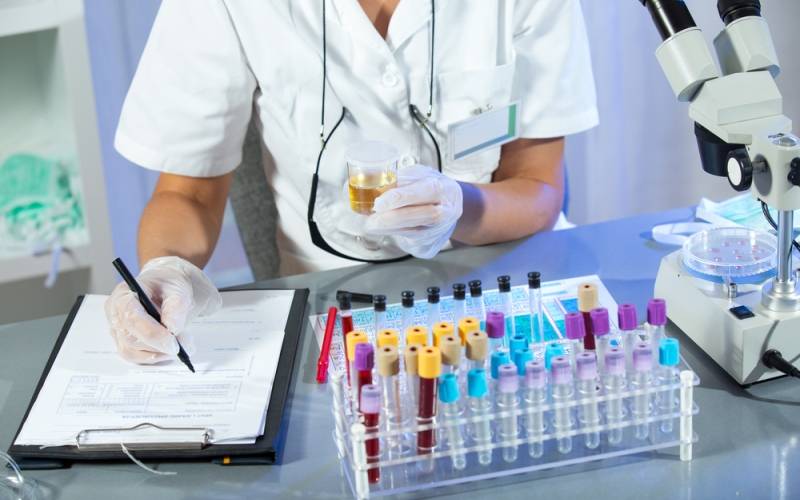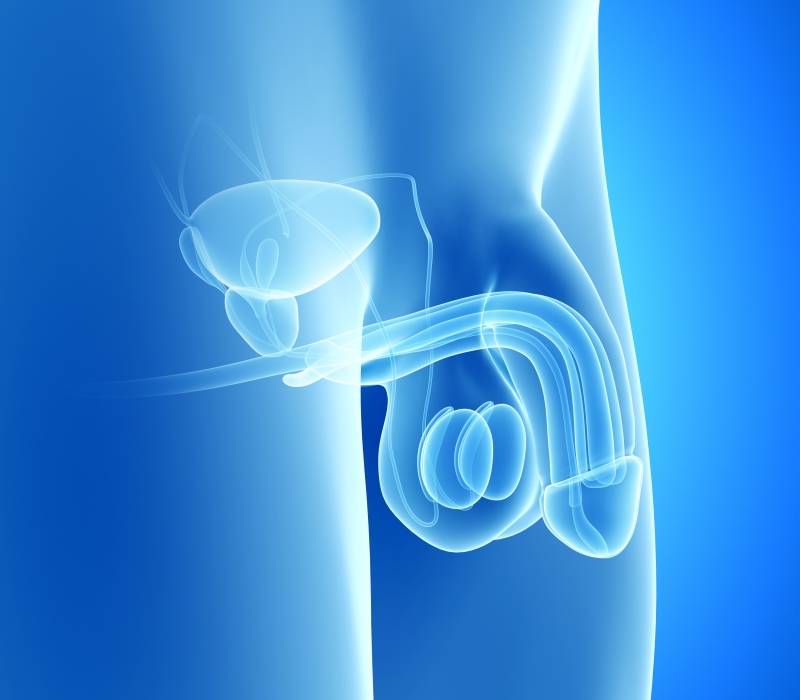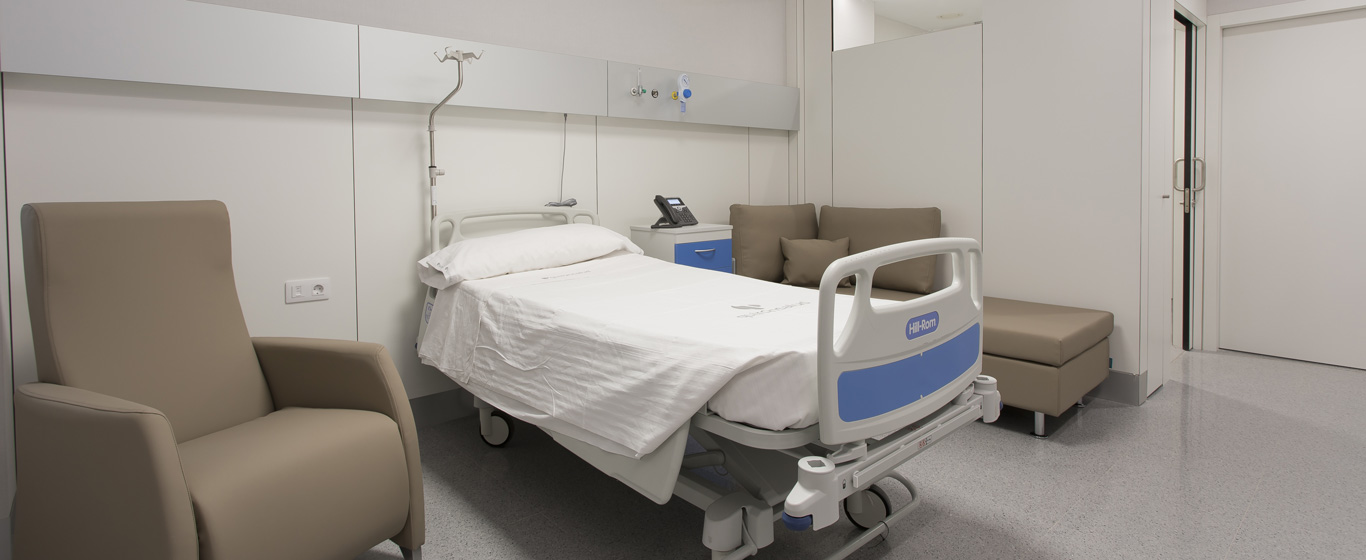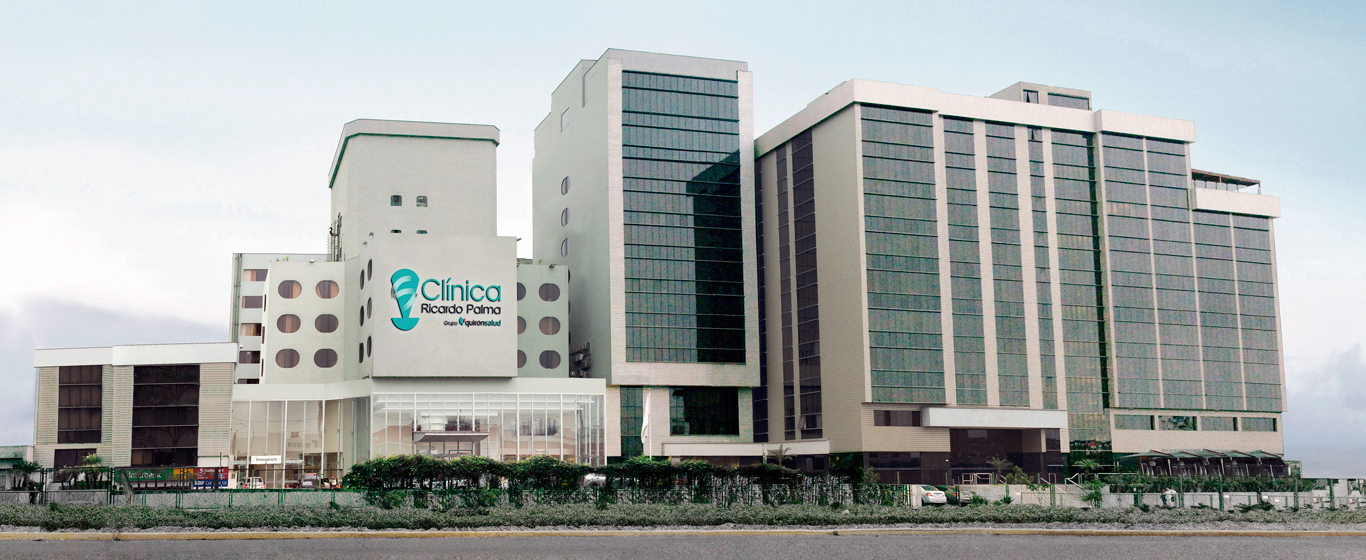Urology
We explain to you what urology is, the main diseases it studies, the procedures it uses to treat them and the types of patients it treats, as this speciality does not focus solely on the male reproductive system. Book your urology appointment at one of our hospitals.

What is urology?
Urology is a branch of medicine that focuses on the urinary system of both men and women, as well as the male genital tract. This speciality is responsible for ensuring that the organs that make up the urinary tract are functioning correctly, as well as for preventing, diagnosing and treating medical and surgical pathologies that may occur during the course of a person’s life.
The aim of this speciality is to care for and ensure the good health of the prostate, kidneys, ureters, bladder, urethra, penis, testicles, seminal tract and scrotum.
What does urology study?
There have been major advances in recent years in the field of urology which have led to increased specialisation of practitioners. At Quirónsalud, we use different therapeutic approaches depending on the area of study:
- Andrology: deals with the diagnosis and comprehensive treatment of male sexual function and reproduction.
- Urolithiasis: provides an in-depth look at the research, diagnosis and treatment of diseases that produce stones in the urinary tract.
- Endourology: this is a minimally invasive surgical technique performed endoscopically, which can diagnose and treat many diseases of the upper and lower urinary tract, from the urethra to the kidney (urinary stones, tumours, prostatic diseases, malformations and obstructions, etc.)
- Urologic oncology: deals with the comprehensive treatment of urologic cancers from a multidisciplinary approach involving urologists, oncologists and radiotherapy specialists.
- Female urology: focuses on urology disorders in women, such as incontinence, urinary tract infections, urinary tract injuries following gynaecological problems or prolapse of the bladder, uterus or rectum.
- Paediatric urology: specialising in pathologies affecting children under 14 years of age.
- Kidney transplant: coordinates all the stages that patients with renal failure requiring a transplant go through, including follow-up after surgery.
Which patients is it for?
Our urologists treat both men and women suffering from diseases of the urinary system or retroperitoneum. They also specialise in dysfunctions of the male reproductive system. Urology deals with congenital pathologies or conditions caused by trauma, metabolic disorders, obstructions or the development of tumours.
Techniques, procedures and diagnostic methods
Diagnostic methods and procedures for urologic diseases are currently minimally invasive and offer excellent results. The most commonly used include:
- Cystoscopy: used to examine the urethra, and the inside of the bladder by using a flexible tube with a camera on the end (cystoscope) that is inserted through the urethra.
- Imaging methods: including ultrasound of the urinary tract and male genital tract, CT urography, renal and prostatic MRI, and various other methods to diagnose urologic diseases.
- Prostate biopsy: a diagnostic procedure which involves the removal of small samples of prostate tissue to rule out or confirm the presence of cancer cells. The procedure is currently performed under sedation and on an outpatient basis, to provide maximum comfort to the patient.
Surgical procedures in urology have evolved and allow for increasingly less invasive treatment, with the most common surgeries including:
- Prostate laser surgery: for the treatment of obstructive prostatic enlargement using various techniques, the most common procedures being Greenlight XPS laser photovaporisation or Holmium laser enucleation of the prostate (HoLEP).
- Laparoscopic and robotic surgery: this is a minimally invasive technique that uses small holes in the body, thus avoiding large incisions and favouring a faster and more comfortable postoperative period. Can be performed classically by conventional laparoscopy or robot-assisted (robotic surgery). It enables the treatment of tumour diseases, as well as other benign pathologies.
- Lithotripsy: a procedure that uses shock waves or laser energy to break stones into small particles so that they can be passed painlessly in the urine. Can be performed externally with classic extracorporeal lithotripsy, or internally by endourology using various techniques.
- Radical surgery for prostate cancer: involves the complete removal of the prostate and seminal vesicles and can be performed using open, laparoscopic or robotic surgery.
- Nephrectomy: surgical procedure to remove a kidney or part of it and used in the treatment of renal cancer and other benign pathologies.
- Cystectomy: operation performed to remove all or part of the bladder and to create a urinary diversion to allow the patient to store and expel urine from the body. It is the treatment of choice for aggressive bladder cancer that cannot be resolved with endoscopic surgery.
- Transurethral bladder resection: an operation performed to treat bladder cancer endoscopically through the urethra.
- Testicular hydrocelectomy: surgery to remove the accumulation of fluid around the testicle (hydrocele).
- Varicocelectomy: surgery to treat scrotal varicose veins that can cause male subfertility.
- Orchiectomy: surgery to remove the testicle for the treatment of testicular cancer.
- Female urinary incontinence surgery: for the treatment of stress urinary incontinence by placement of a suburethral mesh.
- Andrology surgery: for the treatment of various conditions of the male genital tract, the most frequent being penile curvature surgery, or the placement of penile prostheses in cases of erectile dysfunction unresponsive to drug treatment.
- Other common procedures: phimosis surgery and vasectomy.
Diseases and symptoms
Main pathologies and diseases
Some of the diseases most commonly treated in urology include the following:
- Phimosis
- Lithiasis
- Balanitis
- Cystitis and other urinary tract infections
- Pyelonephritis
- Benign prostatic hyperplasia
- Varicocele
- Prostatitis
- Erectile dysfunction
- Sexually transmitted diseases
Symptoms related to urologic diseases
The most representative symptoms of urologic diseases include:
- Lumbalgia
- Haematuria or blood in urine
- Testicular pain
- Strong-smelling urine
- Cloudy urine
- Testicular lump
- Inflamed bladder
- Pain or burning when urinating
- Swelling of the penis
- Frequent urination
- Weak urine flow
- Pain in the groin
- Difficulty in getting or maintaining an erection
- Nausea and vomiting
- Fluid retention
About the urology consultation
We solve any doubts you may have before you see the specialist
At your first urology appointment, the specialist will take your medical and family history with the symptoms you present and any previous pathologies. They will then perform a general physical examination, which usually includes checking the abdomen, perineum and sexual organs, as well as a rectal exam in men to assess the size and consistency of the prostate.
It is also common for the urologist to request complementary tests to detect possible infections, blood in the urine or alterations in renal function.
What should you keep in mind?
Urology check-ups are recommended from the age of 50 (or 45 when there is a history of prostate cancer in the family). In addition, it should be noted that prostate cancer screening may be indicated in certain cases. This is a very simple test that only requires a blood test to determine the prostate tumour marker (PSA).
Also, you should make an appointment at any age if you have any symptoms related to pathologies of the urinary or genital apparatus in the case of men.
What should I take to the appointment?
We recommend that you come to the appointment with a detailed list of the symptoms you have experienced, as well as the results of any tests that have already been carried out or with information on the treatments that you have already completed. We always advise you to come with a full bladder (with the urge to urinate) in case the doctor requires an ultrasound scan of the urinary system on the same day as the appointment.
You may receive a questionnaire a few days before your appointment asking about your medical history, usual medication and other specific questions that will allow us to anticipate certain aspects of your consultation, helping us to expedite and personalise your care. To do this, we recommend that you download the free Quirónsalud Patient Portal application, which will facilitate communication with your healthcare team.
You may receive a questionnaire a few days before your appointment asking about your medical history, usual medication and other specific questions that will allow us to anticipate certain aspects of your consultation, helping us expedite your treatment and offer you a more personalised care. To do this, we recommend that you download the free Quirónsalud Patient Portal application, which will facilitate communication with your healthcare team.

If you have any further questions, please contact us through the Patient Services telephone number: 900 301 013





